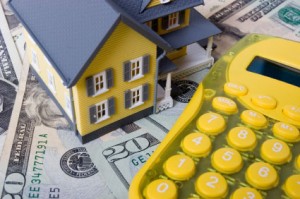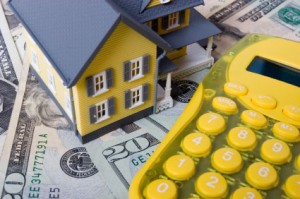Is it Worth It to Rehab a Rental Property?
 Landlords approach apartment or rental house rehabs differently. Some think that no matter what they do, tenants will damage their rental property, so there is no reason to upgrade or make it look nice.
Landlords approach apartment or rental house rehabs differently. Some think that no matter what they do, tenants will damage their rental property, so there is no reason to upgrade or make it look nice.
Other landlords invest in major improvements to their properties in order to charge higher rents and attract higher-income tenants. Still others make small improvements each time a tenant moves out, to slowly but surely increase the appeal and attract the best tenants.
There is no right or wrong approach – just the one that works for you. Here are some pros and cons to each approach:
Leave Your Rental Property as Is and Make No Improvements
Pros:
- You save money.
- You can turn over the rental to a new tenant more quickly.
- You avoid the possible frustration of seeing improvements damaged or ruined by tenants.
Cons:
- You probably won’t be able to increase rents unless vacancy rates decline.
- You could easily find your rental property losing value.
- You may attract only tenants who are okay with living in less-than-attractive housing.
Invest in a Major Rental Rehab
Pros:
- The result is usually worth the effort.
- You can often charge a premium rent to increase your return on investment.
- You can attract more desirable tenants.
- The value of your rental property may increase.
Cons:
- Remodeling can be very expensive.
- There is no guarantee your work will be valued or respected by tenants.
- Your rental property value may not increase, due to current market conditions.
Make a Few Improvements Each Time a Tenant Moves Out
Pros:
- Your investment is spread out over time.
- You may increase the value of your rental property.
- You can gradually improve the quality of tenants your attract.
Cons:
- It can take much longer to see real improvements.
- You may not keep up with the market at a slower pace.
- There is risk in subjecting your property to less desirable tenants for a longer period of time.
Remember, attracting desirable tenants is a worthy goal, but it’s not for every landlord. If you’re fine with minimum investment in your rental property, just beware of starting down the slippery slope to slumlord status!
No matter how nice your rental property is, you can’t be sure that tenants are going to keep it that way. Minimize your risk by conducting tenant credit screening and tenant criminal background checks.

